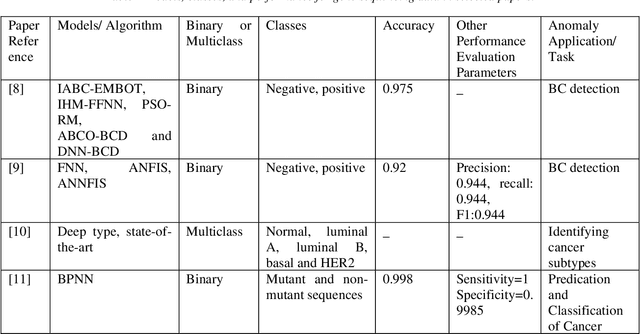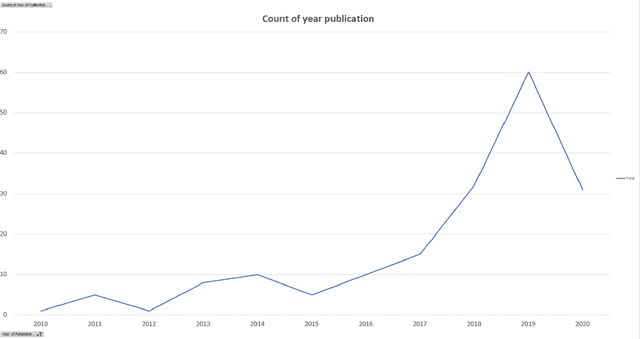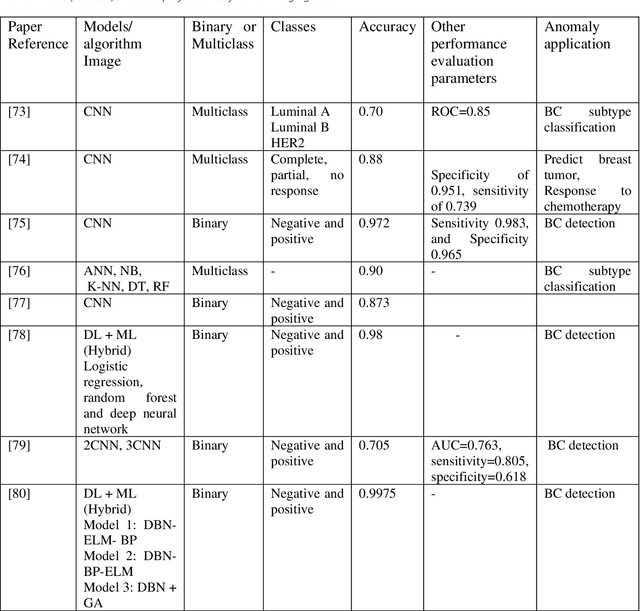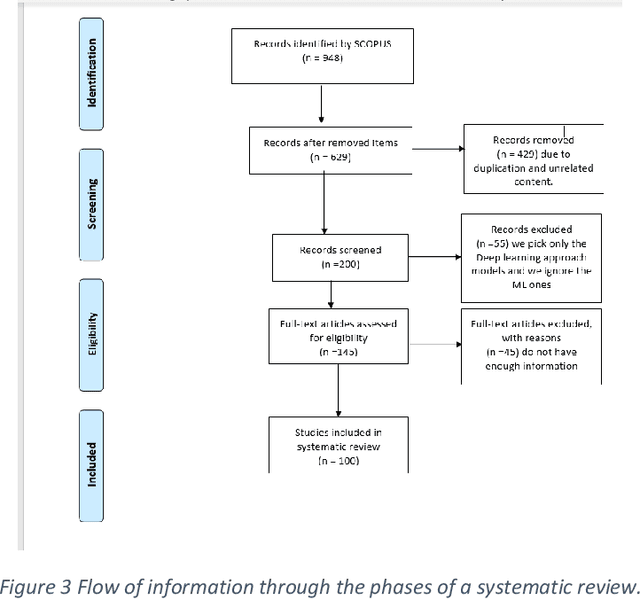Breast cancer detection using artificial intelligence techniques: A systematic literature review
Paper and Code
Mar 08, 2022



Cancer is one of the most dangerous diseases to humans, and yet no permanent cure has been developed for it. Breast cancer is one of the most common cancer types. According to the National Breast Cancer foundation, in 2020 alone, more than 276,000 new cases of invasive breast cancer and more than 48,000 non-invasive cases were diagnosed in the US. To put these figures in perspective, 64% of these cases are diagnosed early in the disease's cycle, giving patients a 99% chance of survival. Artificial intelligence and machine learning have been used effectively in detection and treatment of several dangerous diseases, helping in early diagnosis and treatment, and thus increasing the patient's chance of survival. Deep learning has been designed to analyze the most important features affecting detection and treatment of serious diseases. For example, breast cancer can be detected using genes or histopathological imaging. Analysis at the genetic level is very expensive, so histopathological imaging is the most common approach used to detect breast cancer. In this research work, we systematically reviewed previous work done on detection and treatment of breast cancer using genetic sequencing or histopathological imaging with the help of deep learning and machine learning. We also provide recommendations to researchers who will work in this field
 Add to Chrome
Add to Chrome Add to Firefox
Add to Firefox Add to Edge
Add to Edge